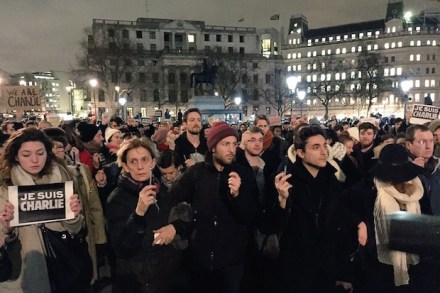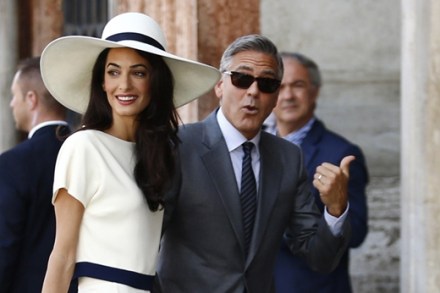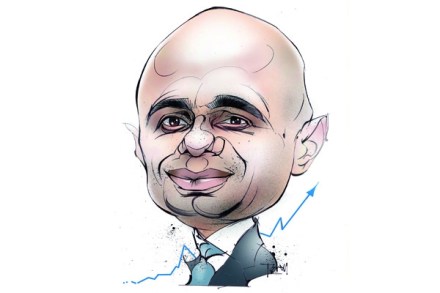Political correctness: How censorship defeats itself
A cretin writing in this morning’s Telegraph doesn’t understand the meaning of ‘cretin’. Just about every writer writing about Benedict Cumberbatch in every paper yesterday failed to understand that Cumberbatch was not a racist because he had said ‘coloured’ rather than ‘person of colour’. Poor fool that he was, Cumberbatch had wanted to use his appearance on US television to complain about the lack of opportunities for black actors in Britain: ‘I think as far as coloured actors go, it gets really different in the UK, and a lot of my friends have had more opportunities here than in the UK, and that’s something that needs to change.’ After the battering




















